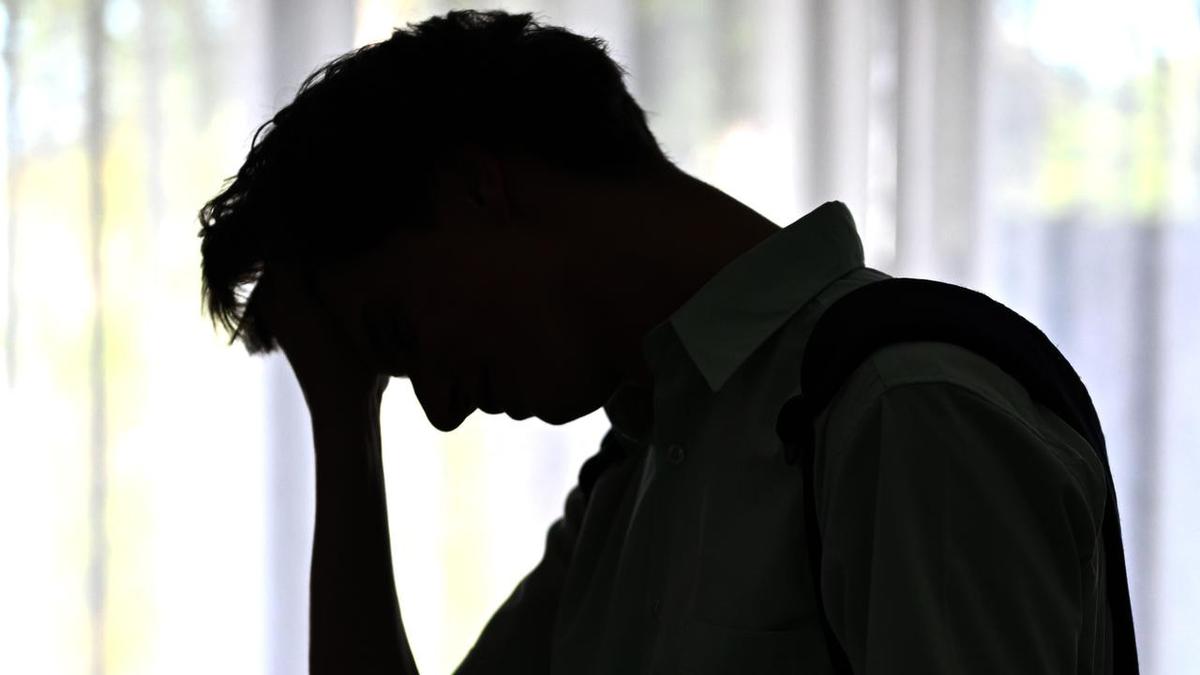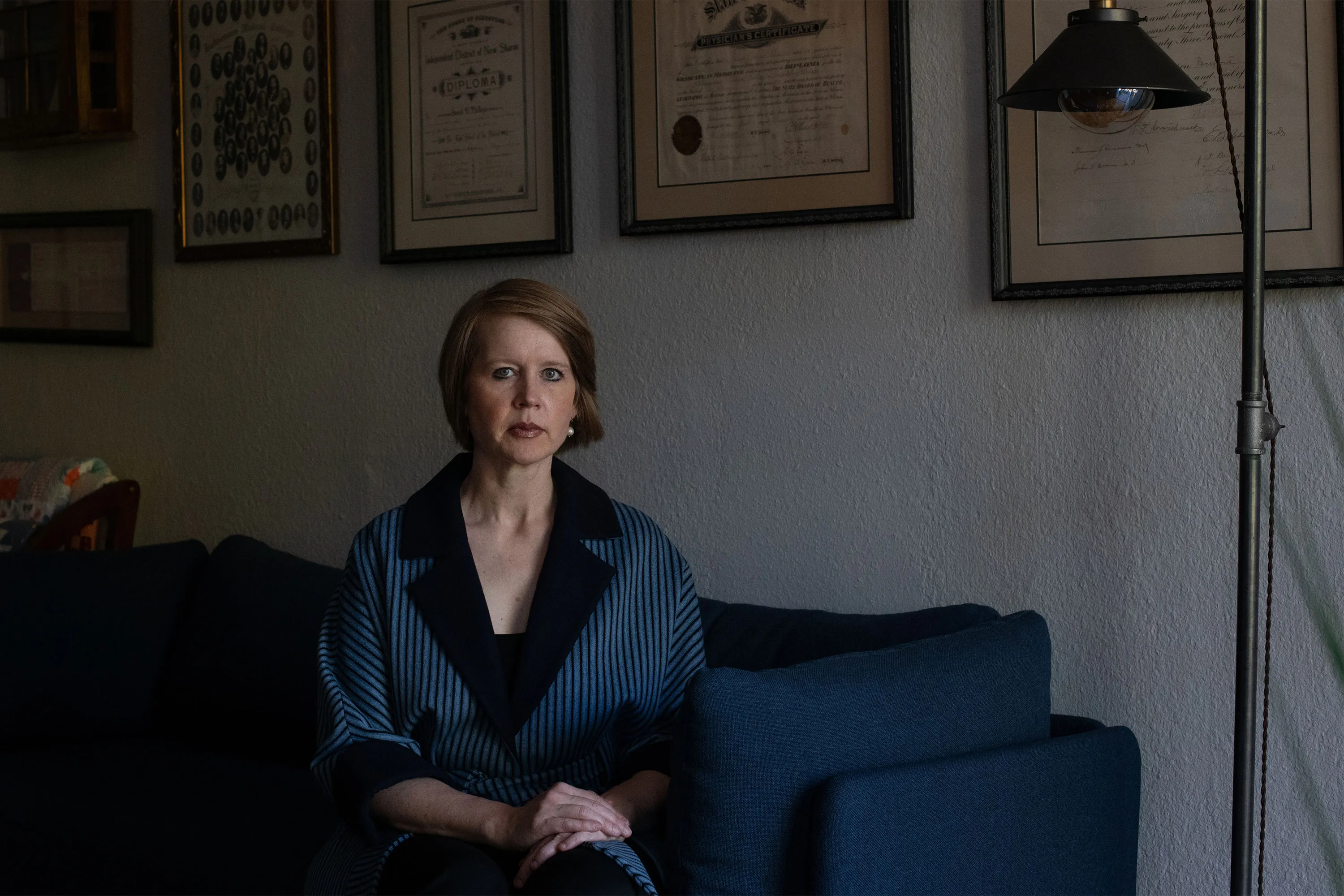Copyright thewest

Public hospitals are struggling to cope with mounting pressure, as limited resources and a growing number of mental health presentations push the system to its limits. Patients requiring urgent mental health care are spending an average of seven hours waiting in public emergency departments, according to the Australian Medical Association's annual report released on Thursday. The report paints a grim picture, revealing that patients are forced to wait unacceptably long periods in inappropriate settings, which further worsens their symptoms, according to AMA president Danielle McMullen. "For many of these patients, a hospital admission is required and the journey through the ED is a daunting and overwhelming experience," she said. "Patients are facing long waits in bright, noisy environments that often lead to increased agitation and distress. Sadly, this can lead to either verbal or physical assaults on staff, with violence in public hospitals continuing to rise." The report hints at several contributing factors to the issue, including a shortage of inpatient mental health unit beds, a lack of investment in community and primary mental healthcare and a lack of electronic patient records. Recent data shows just 27 specialised mental health beds per 100,000 people, the equal lowest capacity ever recorded. The decline comes as demand for care reaches record levels, with emergency department presentations up 67 per cent over the past 20 years. Patients admitted for mental health care in 2023-24 spent a median of 433 minutes in the emergency department, 13 minutes longer than the year before. The wait was two hours longer than records in 2018-19. Dr McMullen says growing demand for help and under-resourcing is leading to clinically unacceptable long waiting lists for services. "We need to properly resource general practice, psychiatry and community mental health services with acute care teams to provide best practice care and take the pressure off emergency departments," she says. The report calls for an unified approach across the healthcare system, which would deal with the complex and layered nature of mental healthcare. The peak medical body says a new National Health Reform Agreement is needed, containing the investment needed to ensure all patients get the care they need, when they need it. Lifeline 13 11 14 beyondblue 1300 22 4636



